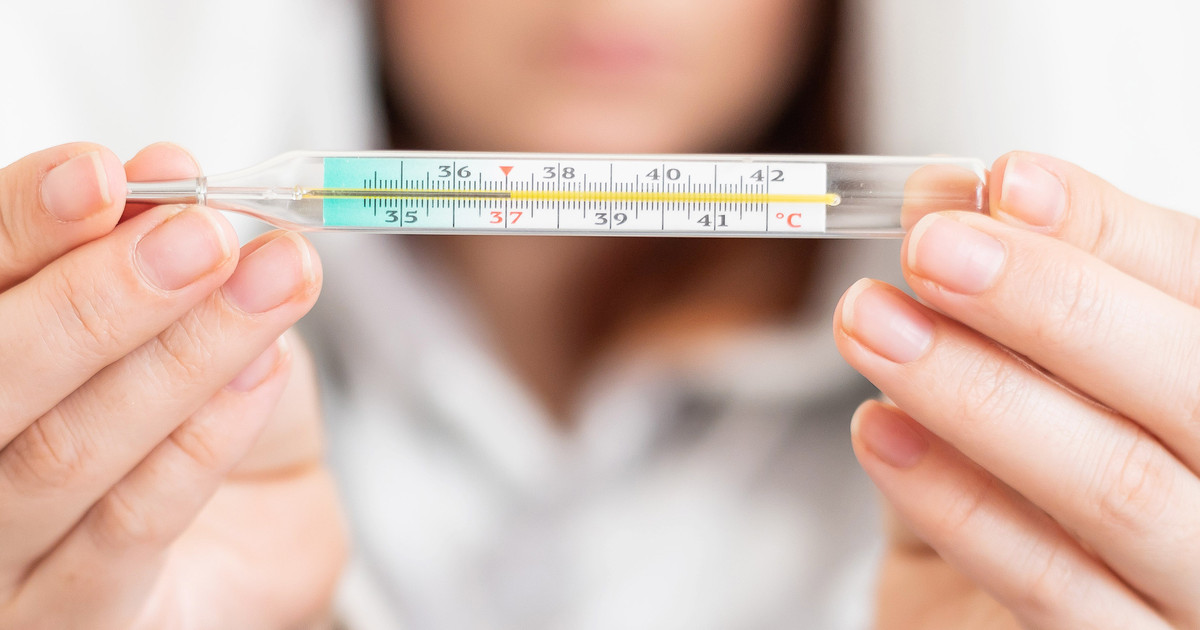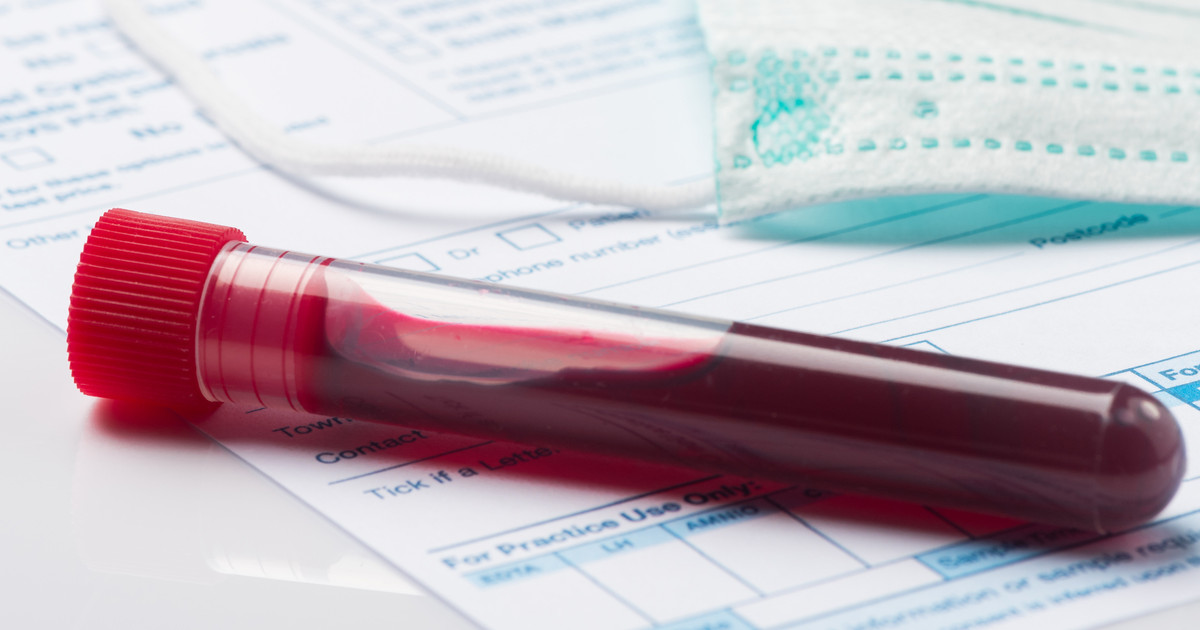Guide To Colchicine
Potential Side Effects

Diarrhea, nausea, vomiting, and abdominal pain are some of the most frequently reported side effects of colchicine. Although these side effects are common, patients should contact their doctor right away if they develop any of them. Less commonly, some individuals could have a headache, fever, or chills while taking this medication. Patients have reported blood in their urine or stool during treatment as well. The patient's stool could appear black or tarry. Some individuals on this medication may experience breathing difficulties during exercise.
Colchicine may cause changes to the skin. For example, patients might notice that their skin is peeling. They may also feel a burning or crawling sensation on the skin. Hives and redness may also appear. Some patients experience numbness in the fingers or toes, a sore throat, and sores or white spots on their lips or inside their mouth too. Patients should immediately tell their doctor if they notice a pale or gray color on their lips, tongue, or palms. Additionally, an urgent evaluation is needed for any symptoms of infection that may develop.
Precautions To Remember

Colchicine may not be safe for kidney or liver disease patients. Individuals should also let their doctor know about any history of heart issues or digestive system problems. In general, colchicine is not prescribed to pregnant or breastfeeding women. Typically, women are only offered colchicine if they are using contraception. This medicine could reduce fertility for males. Thus, men should talk with their doctor about this risk. Individuals with low blood platelet counts, low red blood cells, low white blood cells, or issues with bone marrow function may not be able to take this medication. Colchicine can cause temporary decreases in platelets and white blood cells. These decreases could place patients at an increased risk for infections and easy bruising.
Patients will need regular blood tests, especially if they need to take this medication for a prolonged period. Individuals who experience decreases in platelets or white blood cells may be advised to avoid contact with individuals who have infections. It is also essential to avoid contact sports to reduce the risk of bruising. All patients taking this medication should avoid eating grapefruit and drinking grapefruit juice. The reason is that grapefruit can increase the concentration of colchicine in the body, which could increase the risk of side effects. Patients may take this medication with or without food. However, taking it with food tends to reduce stomach discomfort.
